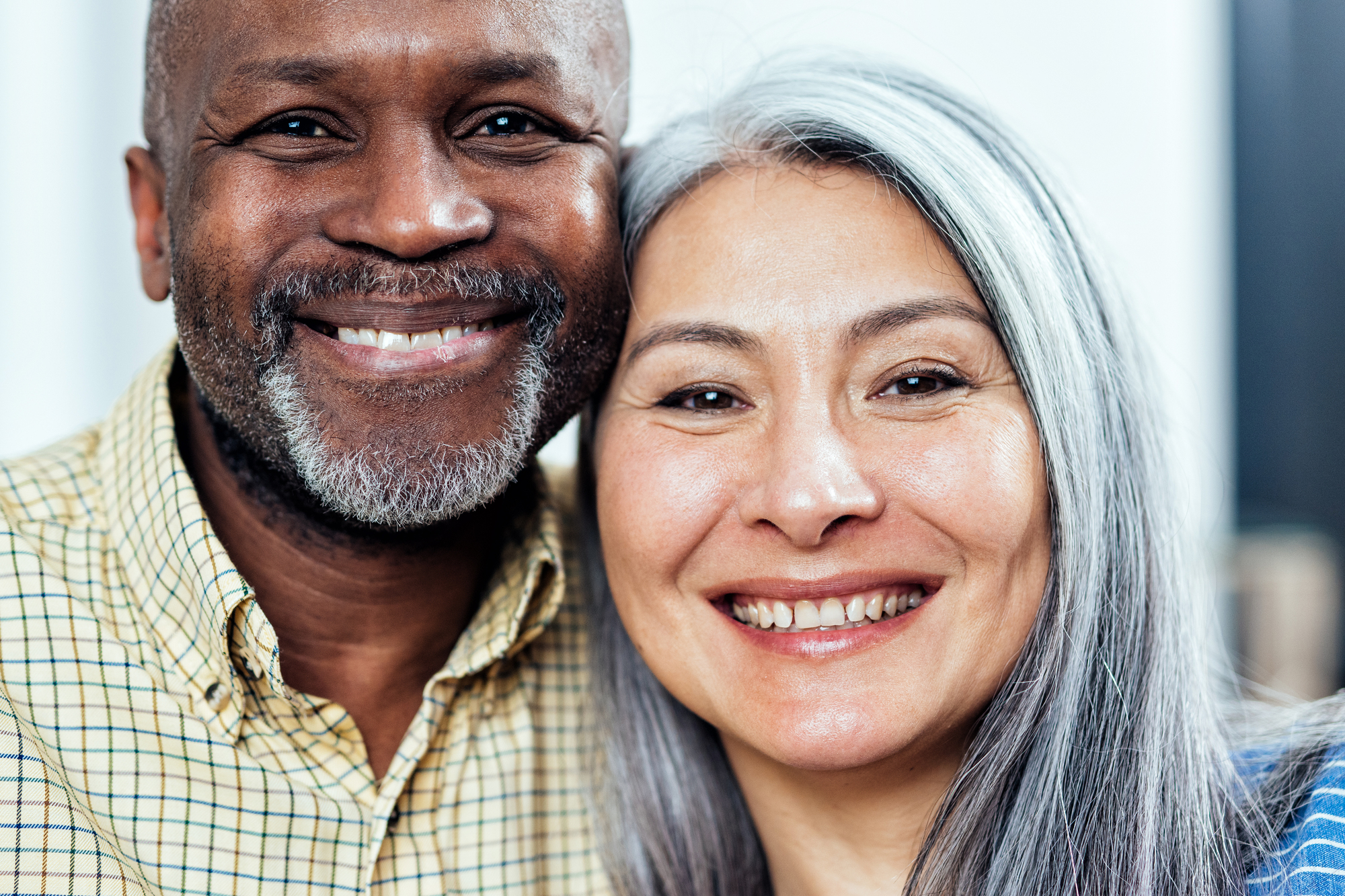Aging is a natural part of life, but not all aging is created equal. While chronological aging refers simply to the number of years a person has lived, biological aging reflects the actual condition of their body and mind. This distinction is important because two individuals of the same chronological age can exhibit vastly different physical and mental capacities. Understanding the difference between chronological and biological aging can help people make better health decisions, adopt preventative measures, and ultimately live longer, healthier lives.
Chronological aging is straightforward—it’s the calendar age, the number of birthdays a person has celebrated. It’s a fixed measurement and doesn’t account for individual health differences. For instance, two people may both be 50 years old chronologically, but one might feel and look much younger due to healthier lifestyle choices, while the other may suffer from chronic illnesses typically seen in older individuals. This is where biological aging comes into play. Biological aging considers factors like genetics, lifestyle, diet, physical activity, and exposure to environmental stressors. It assesses how well a person’s body functions relative to their chronological age.
An example of this can be seen in athletes or individuals who prioritize their health. Consider a 60-year-old marathon runner who maintains a balanced diet, exercises regularly, and avoids harmful habits like smoking or excessive drinking. Their cardiovascular health, muscle tone, and cognitive function may be similar to that of someone in their 40s. Conversely, a sedentary 40-year-old with poor dietary habits, high stress levels, and chronic health conditions may exhibit biological signs of someone much older. This divergence illustrates that while we can’t stop the passage of time, we can influence how we age biologically.
There are several key factors that influence biological aging. One of the most significant is lifestyle. Regular physical activity, for example, has been proven to slow the biological aging process. Exercise not only improves cardiovascular health but also boosts metabolism, enhances mood through the release of endorphins, and helps maintain cognitive function. Diet plays an equally important role. Consuming a diet rich in fruits, vegetables, whole grains, and lean proteins can provide the nutrients necessary to maintain healthy cells and tissues, while diets high in processed foods, sugar, and unhealthy fats can accelerate aging at the cellular level.
Stress management is another crucial factor in biological aging. Chronic stress leads to the release of cortisol, a hormone that, in high levels over prolonged periods, can cause inflammation, suppress immune function, and damage tissues, contributing to premature aging. Techniques like mindfulness meditation, yoga, and deep breathing exercises have been shown to reduce stress and promote mental well-being, effectively slowing biological aging.
Sleep also plays a vital role. Poor sleep quality or chronic sleep deprivation can accelerate aging by impairing the body’s ability to repair itself. During deep sleep, the body undergoes crucial restorative processes, including cell regeneration and the release of growth hormones. Lack of sufficient sleep disrupts these processes, leading to quicker aging and increasing the risk of age-related diseases like Alzheimer’s, heart disease, and diabetes.
Environmental factors also contribute to biological aging. Prolonged exposure to harmful UV rays, pollution, and toxins can damage skin and internal organs, accelerating aging. For example, individuals who spend excessive time in the sun without protection often develop wrinkles, age spots, and an increased risk of skin cancer earlier in life. Similarly, smoking introduces toxins into the body that speed up the breakdown of collagen and elastin, proteins that keep skin firm and youthful, leading to premature wrinkles and other health complications.
While some aspects of biological aging are influenced by genetics, many are within our control. To combat premature biological aging, individuals can adopt several proactive strategies. First and foremost, incorporating regular physical activity into daily routines is essential. This doesn’t necessarily mean running marathons—simple activities like brisk walking, cycling, swimming, or even gardening can significantly improve health and slow the aging process.
Nutrition is another area where changes can yield significant benefits. A balanced diet rich in antioxidants can help neutralize free radicals—unstable molecules that damage cells and contribute to aging. Foods like berries, nuts, leafy greens, and fatty fish are excellent choices. Additionally, staying hydrated is vital, as dehydration can lead to dry skin, fatigue, and other signs of premature aging.
Managing stress effectively is also crucial. Incorporating relaxation techniques into daily life, such as meditation, deep breathing, or even spending time in nature, can significantly reduce stress levels. Building strong social connections and engaging in fulfilling activities can also promote mental well-being, which is closely tied to biological aging.
Regular health check-ups and preventive care are equally important. Routine screenings can help detect potential health issues early, allowing for timely intervention. Monitoring blood pressure, cholesterol levels, and other vital health indicators can help individuals stay on top of their biological health and make necessary adjustments to their lifestyle.
While chronological aging is inevitable, biological aging is far more flexible and can be influenced by our daily choices. By understanding the difference between the two, individuals can take proactive steps to improve their health and well-being. Regular exercise, a balanced diet, effective stress management, adequate sleep, and minimizing environmental exposures are all key strategies for slowing biological aging. With the right approach, it’s possible to feel younger and healthier, regardless of the number of candles on the birthday cake.
Here is an interesting video from Dr. Jeffrey Laitman breaks down how our organs and body parts age from head to toe. From hearing and hair loss to sagging skin and deteriorating joints, Dr. Laitman highlights the impact of aging on the human body—and what we can do about it.


